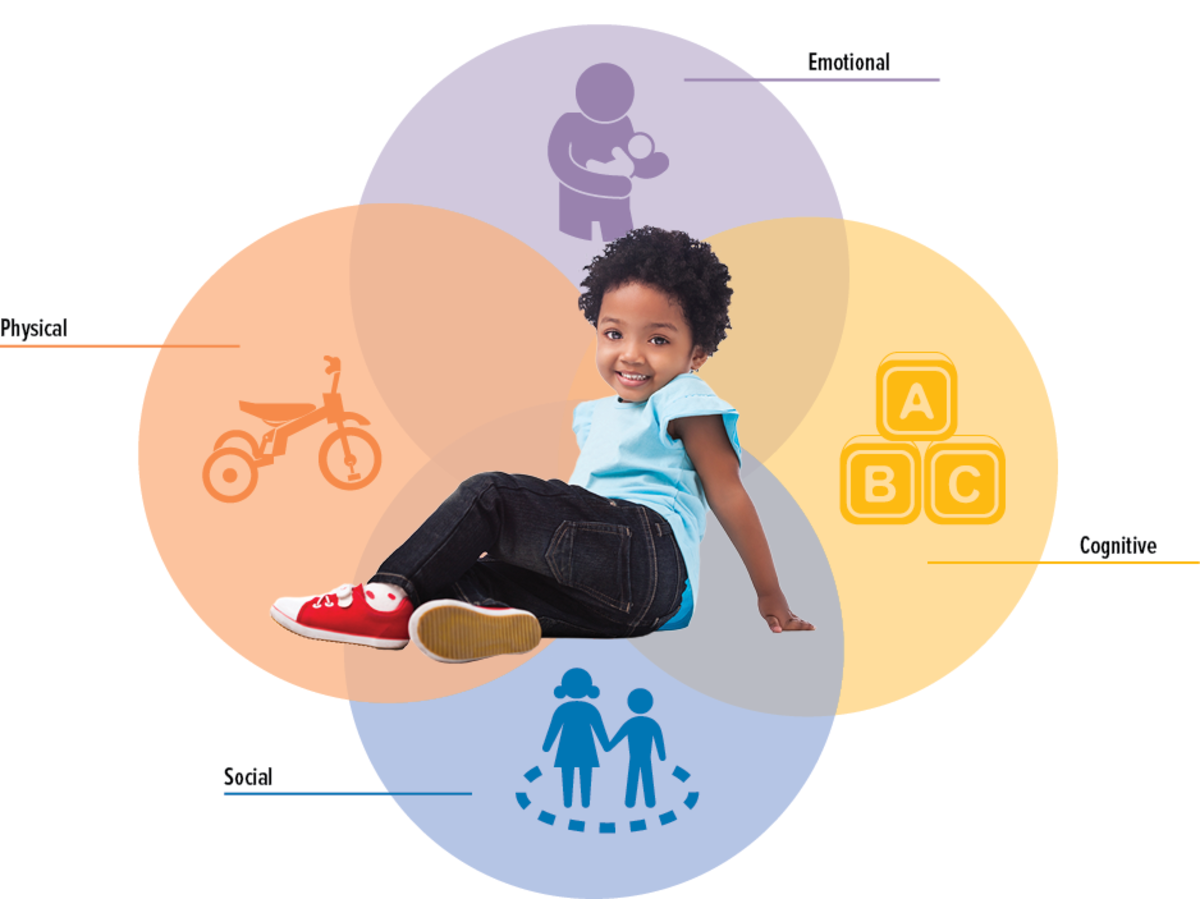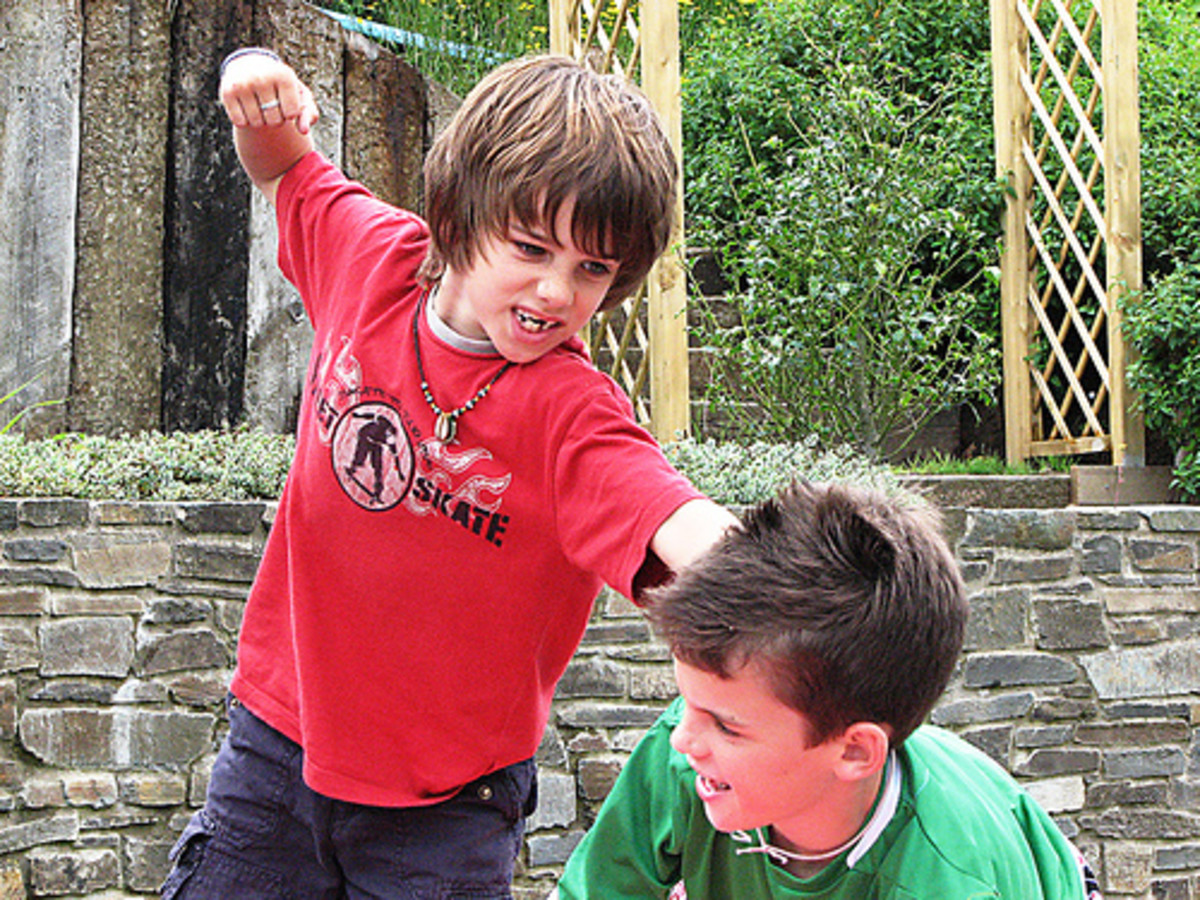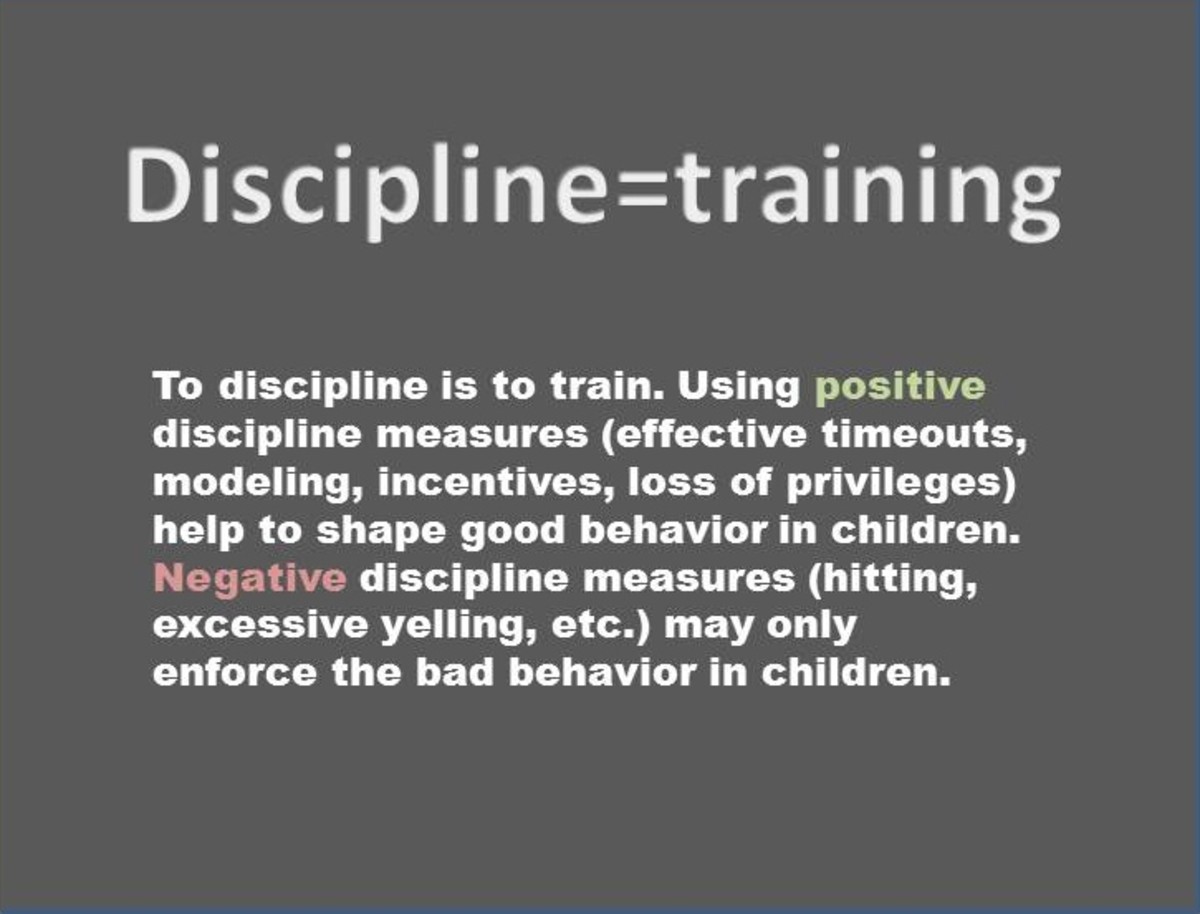Children and Psychological Disorders: The Benefits of Care and Discipline
Children and Psychological Disorders: The Benefits of Care and Discipline
Children and Psychological Disorders: The Benefits of Care and Discipline
Why are children today so disrespectful? Why are caregivers no longer disciplining their children? The major concern is the lack of supervision and the children doing whatever they want, which leads to rebellion whenever discipline is introduced. This leads to emotional dysfunction and the child becoming inattentive and non-responsive to communication and discipline. In turn, the parents become depressed and experience anxiety due to the actions of their children. Overall, this makes it impossible to introduce discipline to the children because the children are disrespectful. The parents are filled with anxiety and depression because they do not know how to approach, much less deal with, their delinquent child. Pandemonium takes control of the household, and neither the parents nor the children no longer know what to do. Once the problems are addressed, they can be solved. Children are psychologically affected by many negative events they face. In some cases, they have untreated psychological disorders that go untreated; their parents think they are acting out, not suffering from mental illness.
Parents are not adequately supervising their children. Two parent homes are working conflicting schedules to make ends meet. One parent works day shifts, and the other works nights. With this being said, one or the other parent is asleep when the companion arrives home from work. Sometimes homework does not get done and/or the children are not properly attended to. The parent is exhausted and just wants the children to sit down and be quiet or go to sleep. Thus, electronic devices become substitutes for actual parental interaction; things like phones, tablets, and even Netflix accounts are being introduced into the family’s lifestyle to distract the child while the parent rests. It is effective but acclimates the child to a sedentary lifestyle. The child becomes acclimated to utilizing electronic devices more than doing homework, addressing hygiene, eating, and engaging with its parents. Eventually, the possibility surfaces of the child becoming emotionally dysfunctional, feeling abandoned, and possibly running away comes into fruition. Similarly, single parent homes are very difficult because a lot of stress and anxiety is placed on the parent to work full-time, take care of the child, and take care of the house and bills. Given the stressful nature of this lifestyle, the child ends up under the care of a grandparent or a caregiver. Consequently, the child becomes depressed, loses focus, and longs for the parent, which leads to a classic case of social anxiety. Then the worse of the worst is a probability in this equation: the parent is more focused on a lover than focusing on the children. This causes children to experience many hardships; the child has to fend for his or herself, and possibly younger siblings, abuse, neglect, and possible molestation. This is the cause of so many children being in foster care. Without the support of their parents and discipline, children begin to experience psychological disorders and become dysfunctional. It may be difficult, however spending time with the child, even an extra hour or two a day, can drastically decrease the opportunity for these negative outcomes occurring. It is ideal to implement affection and discipline during these times as well.
Some children experience psychological disorders that are not attended to, and the parent feels the child is merely acting out. Children deal with serious psychological disorders and are in some cases beaten for appearing to act out. Oppositional Defiant Disorder (ODD) is one of the most common, most undiagnosed mental disorders children experience today. ODD symptoms include not following rules, talking back, violent outbursts, and mood swings. This disorder plagues today’s youth and is hardly ever diagnosed, because parents think it is the child is simply acting out. Do not mistake the misinterpretation; if the parent does not know psychology, the parent will attempt multiple forms of disciplinary action with no resolve. ODD is a true mental illness that needs to be treated by a child psychiatrist specifically. He or she will know exactly what to look for and what to do to treat the child. Depression is an unfortunate disorder many children experience. Depression causes a multitude of symptoms, to include losing interest in activities, crying, staying in their room alone in the dark, not engaging with parents and siblings, earning poor grades in school and lacking performance in various activities. The children also long for affection and attention from their parents. Simply put, separation anxiety causes some very unfortunate symptoms many children have due to being away from loved ones. The child never sees the parent, so when the parent shows up, the child can become overwhelmed with emotion, anxiety, and depression and wails out of emotion. The bad thing is the child will possibly become acclimated to the parent being away and then see the parent and not want to interact with the parent, because he or she knows the parent will leave. In other words, the child becomes afraid to interact with the parent, because of the heartbreak and anxiety the child experiences when the parent leaves. Moreover, the child will possibly have an emotional episode triggered when the parent attempts to take the child. Even if psychological issues are treated, children may still experience anxiety and have difficulty adjusting to their environment. Various mood disorders such as anxiety and depression are common in children, but knowing how to control those emotions are beneficial to the child’s development and ability to function. Prescription medication may help the child develop a stable mood as well.
Children become a product of their environment. Since children seek love, guidance, and direction, sometimes that direction comes from less than reputable individuals. This is how children get introduced to gangs, drugs, pedophiles, or even human traffickers. The child is innocent and does not know what is going on, however these individuals’ motives are heinous and harmful to the children. Sometimes, children end up in foster care. The problem with this is the child has to acclimate to a new home, new foster parents, and new foster siblings. This can be very difficult, because now the child is expected to acclimate to a completely new lifestyle. The child is expected to adhere to the ordinances of the foster parents’ domicile, no questions asked. This puts a lot of pressure on the child, causing the development of anxiety. The child may isolate himself or herself to avoid criticism and possible debasement and the child may experience depression. An even worse experience for the child is being placed in a group home. Group homes tend to be inadequately managed, leaving the children to have to provide for themselves. The children will probably experience a great deal of physical altercation and peer pressure. Interaction with the staff and other residents at the group home can pose a challenge for a child. How and where the child is raised will determine the outcome of the child. If the child focuses on scholastic achievement and maybe an extra-curricular activity or two, the child will be more likely driven toward attending college and having a career, not the streets. In cases such as these, it is advisable to introduce the child to a positive, loving environment. This will make acclimating to a new environment easier for the child.
Parents are not home to supervise children due to working nights, single parent homes require the parent to hand off the child to a caregiver in order to get things accomplished, and lastly, the parent is more focused on a lover instead of the children. Some children have psychiatric issues that are not attended to. Children experience psychological disorders such as Oppositional Defiant Disorder, depression, and separation anxiety. Ways to attempt to resolve this subject matter would be psychiatric treatment, implement structure and discipline, and interact with the child, showing affection as much as possible. The child may not be acting out. The child may have a psychological disorder and he or she may be seeking help.








